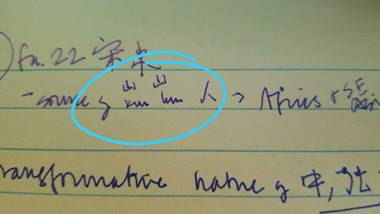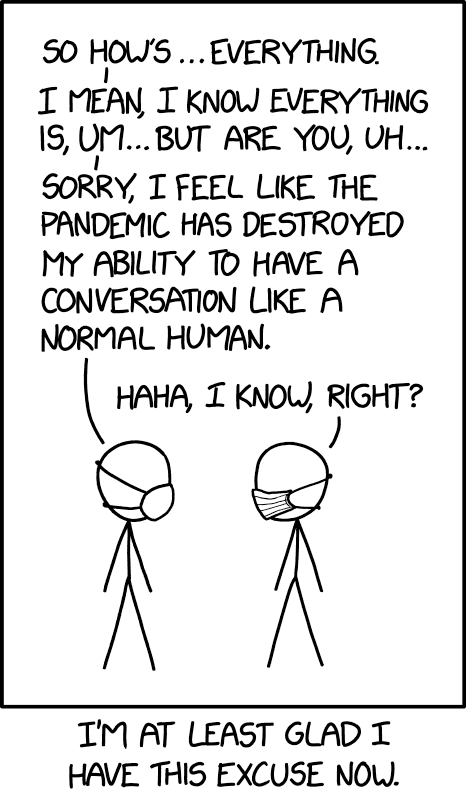"Guess that"
One of the benefits of checking linguistic hypotheses in real-world data is that you sometimes stumble on unexpected and potentially interesting patterns. This morning's Breakfast Experiment™ provides an example.
Yesterday, as I prepared for a seminar on prosody and syntax, the following passage caught my eye (in Gerrit Kentner and Isabelle Franz, "No evidence for prosodic effects on the syntactic encoding of complement clauses in German", Glossa 2019):
A language production experiment by Lee & Gibbons (2007) suggests that speakers use the unstressed optional complementiser that to maximise rhythmic alternation of weak and strong syllables, as it is more often produced when the top of the complement clause starts in a stressed (Lucy) as opposed to unstressed (Louise) syllable (1).
(1) Ian guessed (that) {Louise, Lucy} signed the contract
Since Kentner and Franz found a contrary result in their experiment, I thought I'd see whether the effect that Lee & Gibbons found was replicated in a more natural dataset. So I turned to Shuang Li's INTERVIEW: NPR Media Dialog Transcripts dataset, which contains 3,199,859 transcribed turns.
Read the rest of this entry »





